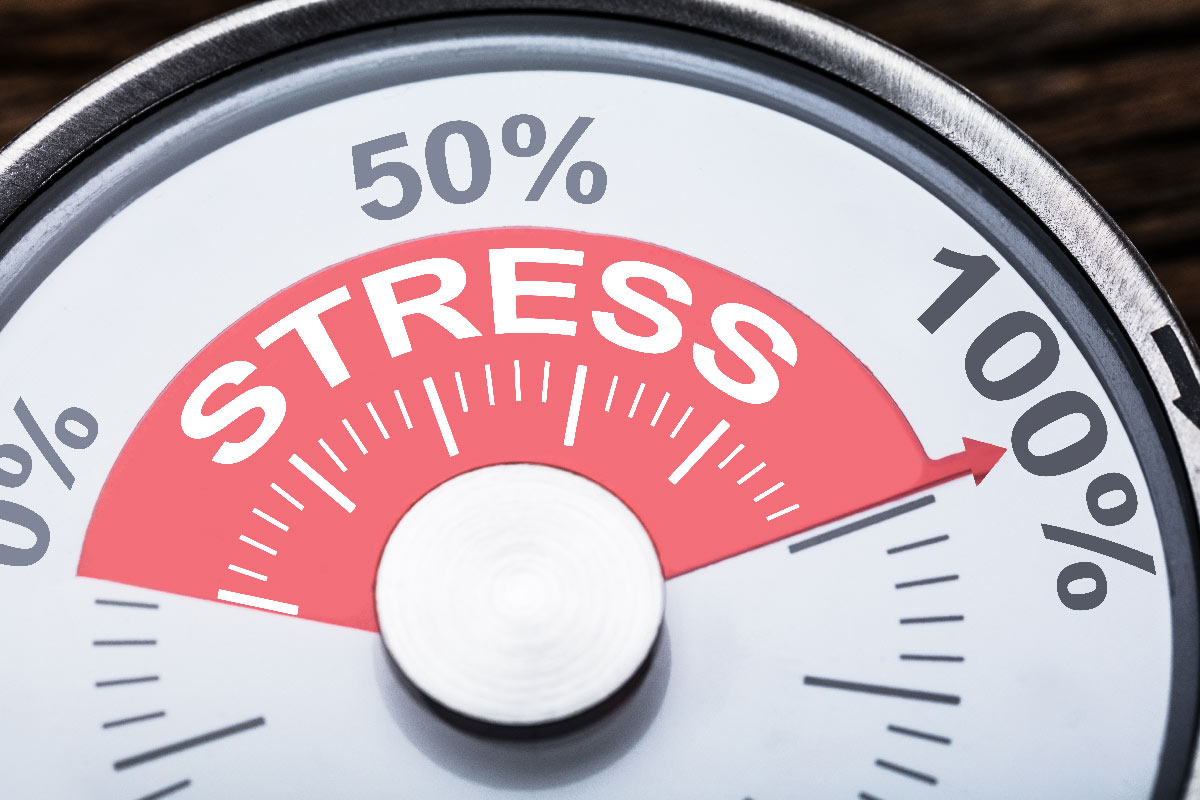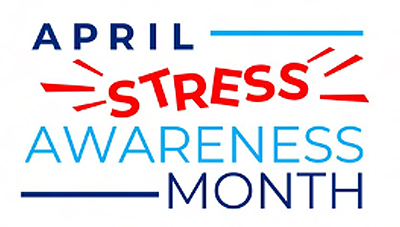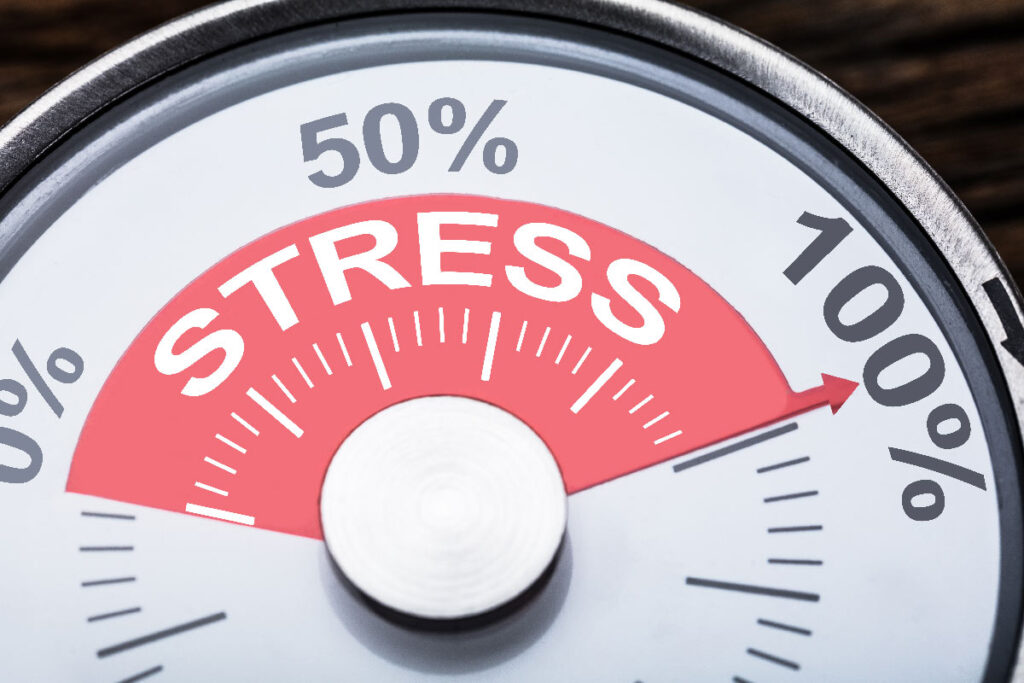
April Stress Awareness Month
National Stress Awareness Month has been observed since April 1992 to raise awareness of the causes and cures for our modern-day stress epidemic. Stress Management is key, and having a dedicated month for stress awareness allows opportunities for an open conversation on the impact of stress in our daily lives. Stress affects us all. You may notice symptoms of stress when disciplining your kids, during busy times at work, when managing your finances, or when coping with a challenging relationship. Stress is everywhere. And while a little stress is OK –some stress is actually beneficial — too much stress can wear you down and make you sick, both mentally and physically. Stress is a reaction to a situation where one feels anxious or threatened. We all experience stress, yet, every person can experience and process stressful situations in very different ways. Common reactions to a stressful event can include:
- Disbelief, shock, and physical or emotional numbness
- Feeling sad, frustrated, or helpless
- Difficulty concentrating and making decisions
- Headaches, back pains, and stomach problems
- Smoking or the use of alcohol or drugs
Learn to Overcome Issues You Can Not Change

- Recognize when you don’t have control, and let it go.
- Avoid getting anxious about situations that you cannot change.
- Take control of your reactions and focus your mind on something that makes you feel calm and in control.
- Develop a vision for healthy living, wellness, and personal growth, and set realistic goals to help you realize your vision.
How to Observe National Stress Awareness Month and Practice Stress Management
- Practice meditation. One of the most effective ways to deal with stress is to learn how to silence the mind. Meditation is one of the most popular methods of achieving this quiet. Meditation has been linked to lower blood pressure and reduced cortisol levels. It may also reduce symptoms of anxiety and depression and help you sleep. If you don’t know where to start, try downloading a meditation app on your smartphone.
- Deep breathing. Studies show that slow, deep breathing can help lower blood pressure and reduce cortisol levels.
- Other grounding activities. Grounding activities outside of breathing exercises and meditation may also be beneficial. For example, the 5-4-3-2-1 technique, also known as the five senses technique, may offer relief. In this exercise, you follow the following steps.
- Name five objects you can see.
- Touch four objects.
- Name three sounds you can hear.
- Name two scents you can smell.
- Find one pleasant, healthy food to taste.
- Incorporate exercise. Another way to battle the effects of stress is to exercise. Whether you’re a jogger, bicyclist, or just like to take walks, be sure to get some fresh air and exercise into your daily routine. Get outside. Multiple studies have linked spending time in nature to improved mood.
- Reach out to your social circle. You don’t have to share your story with the whole world, but it’s well-advised to engage with people whom you trust. As the old saying goes, “A problem shared is a problem halved.”
- Sleep. Getting enough sleep can help improve your thought process and mood. Aim for eight to nine hours every night.
- Be kind to yourself and others! Kindness costs nothing and can make a huge difference in someone’s life!








